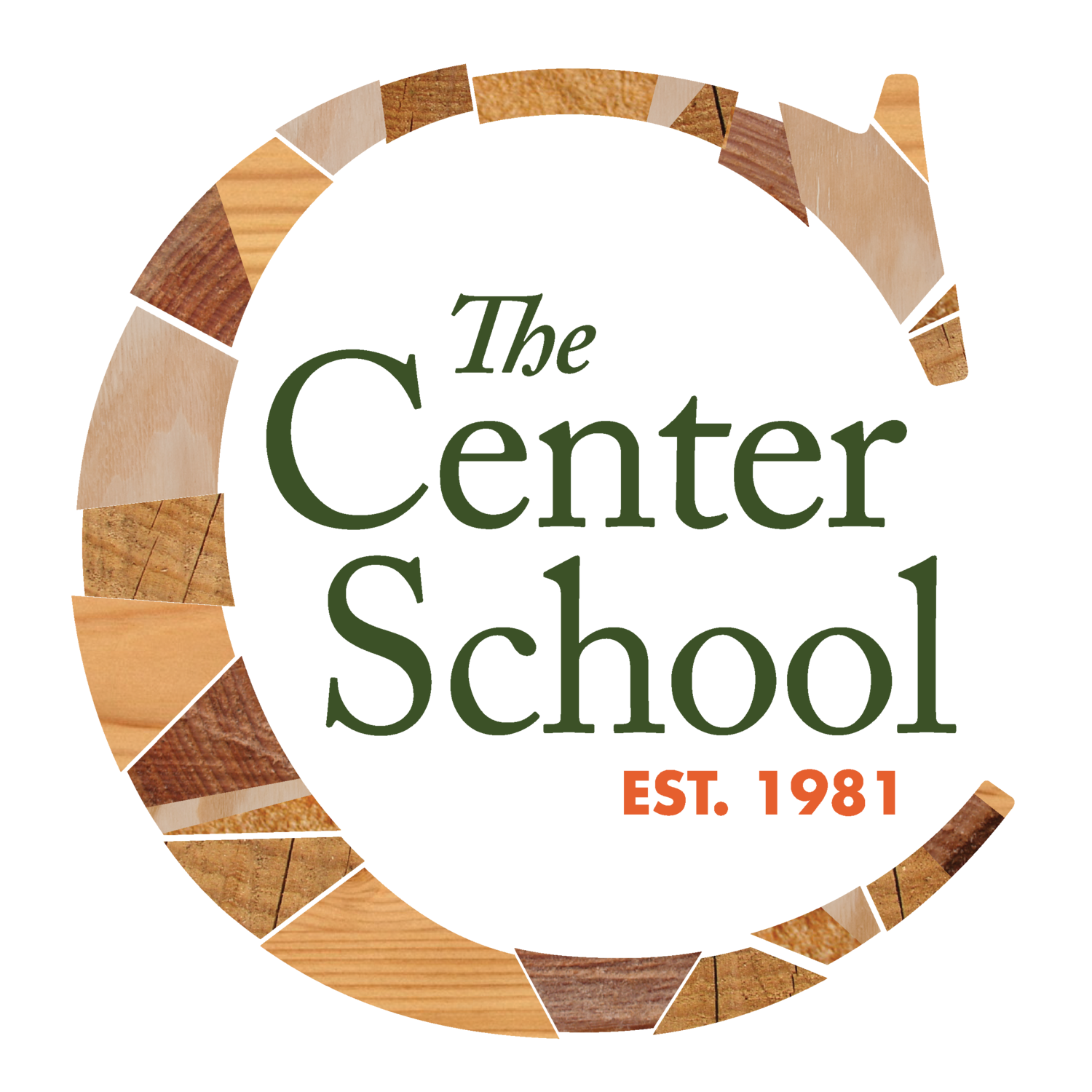Embracing Playful Learning: A Constructivist Perspective on Games in the Mups (2nd/3rd)
We play games everyday in the Mups. Whether in our Morning Meeting, during Outside Time or in our afternoon Choice, we know that games are a critical part of learning and development. At the Center School, constructivism is at the heart of our educational philosophy. It's the idea that children learn best when they actively build their understanding of the world around them. And what better way to do this than through games? Play and games are a natural fit for constructivist learning because they invite children to be curious explorers, problem solvers, and creative thinkers.
Here's what that looks like in our Mups classroom:
Active Learning: Games are a vibrant source of active learning. They encourage children to roll up their sleeves, dive in, and experiment. Whether it's a board game that requires strategic thinking or a guessing game that prompts questions and hypotheses, every move in a game is a step towards constructing knowledge.
Choice and Autonomy: We cherish the unique qualities of every child in our classroom. Games offer an avenue for personalization. Mups can choose the games that resonate with their interests and learning styles, empowering them to take ownership of their educational journey. Choice time aligns beautifully with the constructivist belief that children construct knowledge through self-directed exploration.
Social Acuity: We view learning as a social activity. When children play games together, they collaborate, communicate, and learn from one another. This social dimension mirrors the constructivist concept that children develop their understanding through interactions with their peers. Games foster empathy, teamwork, and the ability to work through challenges together.
Reflection and Growth: Constructivism encourages children to be reflective learners. Games often require children to think about their strategies, make decisions, and adapt. These moments of reflection are golden opportunities for growth and metacognition, where children reflect on their own learning. They become more aware of how they learn best, a skill that will serve them throughout their lives.
Intrinsic Motivation: We aim to cultivate lifelong learners who are driven by their intrinsic motivation to explore, discover, and understand. Games are inherently motivating. When children are captivated by a game, they willingly invest their time and effort, fostering a love for learning that is at the core of our progressive educational ideals.
In the Mups we believe in the power of critical thinking, social justice, and joyful learning. We celebrate the importance of play as a vehicle for empowering children to construct their own knowledge, develop empathy, and become enthusiastic, self-directed learners.




